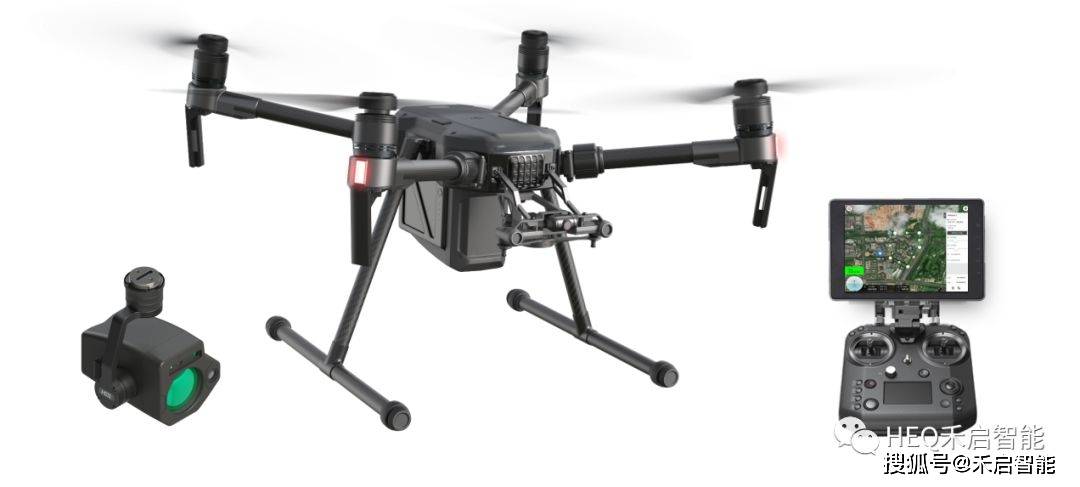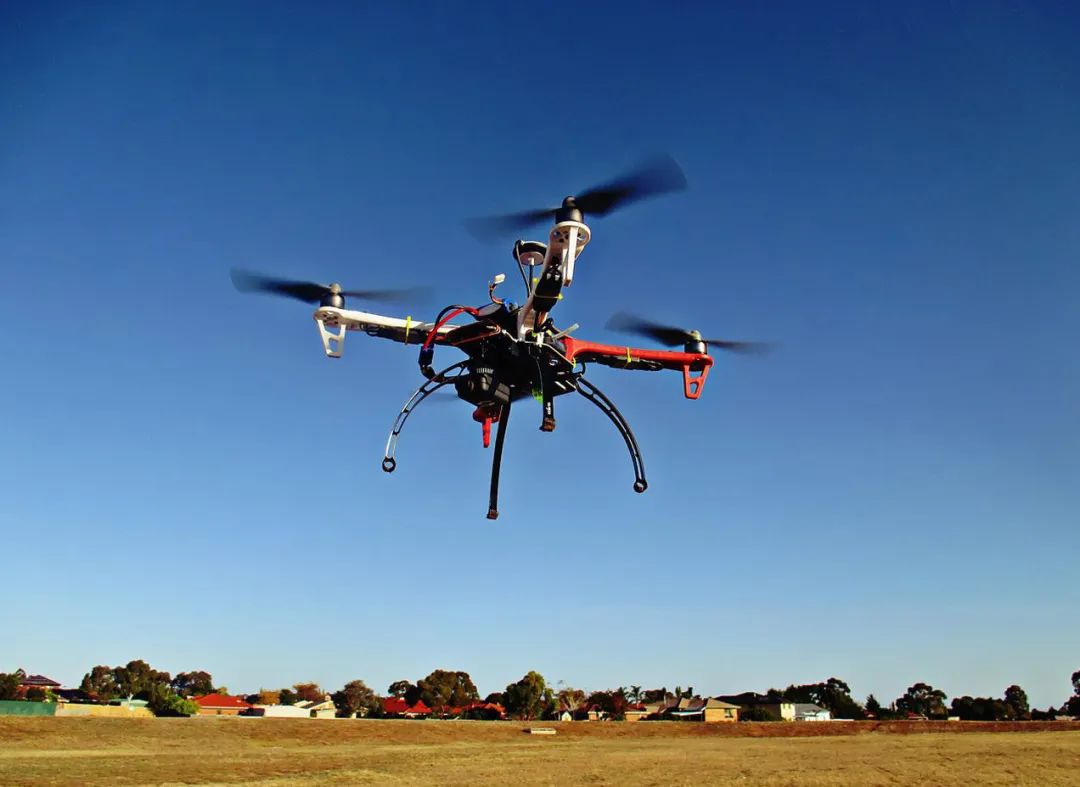The Silent Revolution: Technology & Ethics in Drone Warfare
In recent years, the drone war has changed the landscape of modern warfare, introducing advanced technology and raising complex ethical questions. As unmanned aerial vehicles (UAVs) become more sophisticated, their impact extends beyond the battlefield, influencing policy, human rights, and global security.
has changed the landscape of modern warfare, introducing advanced technology and raising complex ethical questions. As unmanned aerial vehicles (UAVs) become more sophisticated, their impact extends beyond the battlefield, influencing policy, human rights, and global security.
These flying machines, equipped with precision targeting systems and surveillance capabilities, have revolutionized combat operations. The reliance on drones signifies a shift in military tactics, allowing for remote engagement and reducing the need for boots on the ground. However, this shift is accompanied by significant ethical dilemmas that challenge international norms and humanitarian considerations.
Technological Advancements in Drone Warfare
Drone technology has rapidly progressed, offering enhanced flight efficiency, advanced navigation systems, and increased payload capacity. Developments in AI and machine learning have further augmented capabilities, enabling drones to autonomously identify and engage targets with minimal human intervention. These advances raise strategic advantages but also present risks of misuse and escalated conflict.

Governments and military organizations have increased investments in drone technology due to their strategic benefits. They enable real-time data collection, intelligence analysis, and proactive threat response, thus changing the dynamics of national security paradigms.
Ethical Concerns and Humanitarian Impacts
The integration of drones into warfare has sparked debates over accountability, security, and human rights. As drones operate remotely, there is a detachment from the realities of combat, potentially leading to decisions that overlook the human cost. Concerns about civilian casualties and breaches of sovereign airspace challenge ethical boundaries and provoke international discourse.
Furthermore, the lack of transparent regulatory frameworks raises questions about the legality and morality of drone strikes. There is a pressing need for international standards and policies that govern the use of drones in armed conflict, ensuring compliance with humanitarian laws.
Potential Solutions and Future Considerations
Addressing these challenges requires a balanced approach that considers both technological benefits and ethical responsibilities.
- Implementation of strict regulatory frameworks and adherence to international humanitarian law can protect civilian lives and promote accountability.
- Investing in counter-drone technology and developing defense systems will help mitigate risks associated with drone misuse.
Public awareness and advocacy can influence drone policy, pushing for transparency and ethical governance.
FAQs on Drone Warfare
Q: What are the advantages of drones in warfare?
A: Drones offer strategic advantages including precision targeting, reduced risk to military personnel, and real-time intelligence gathering.
Q: Are drones ethically questionable?
A: Yes, they raise ethical concerns due to potential civilian casualties, breaches of privacy, and challenges in accountability.
Q: How can ethical issues in drone warfare be addressed?
A: Establishing international policies and frameworks that regulate drone use can help address ethical concerns, promoting accountability and transparency.
Drone warfare represents a pivotal evolution in military capabilities and a profound ethical quandary, urging societies worldwide to navigate its complexities with caution and foresight.
